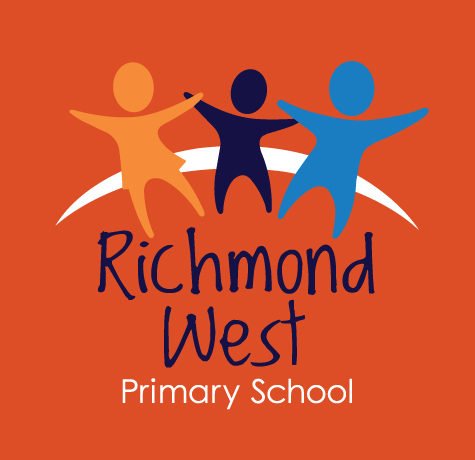School-wide positive behaviours
At Richmond West Primary School our positive school culture is predicated on continually improving as a learning community, with the implementation of positive behavior support and engagement strategies that enable improved student learning outcomes.
Opportunities that contribute to the school and effectively engage students in their learning include:
- pro-social behaviours which are promoted through programs such as: PATHS, sports, art, gardening, ICT, sports and language clubs.
- student leadership programs such as: Junior School Council as well as other roles of responsibility for students to influence change within the school community
- proactively engaging parent(s)/carer(s) to be involved in the school’s programs such as classroom helpers
- intervening early to identify and respond to student needs for social, emotional and behavioural support
- students being engaged and feeling connected to the school community
- recognising and responding to the diverse needs of our students through the Program for Students with a Disability (PSD) program
- developing intensive literacy and numeracy improvement strategies and implementing such strategies as part of the school improvement agenda
- attending professional learning to ensure strategies and approaches are adopted and implemented.
Six school agreements are implemented across the school community to promote pro-social behaviour.
The key focus is on rewarding effort, with teacher talk to develop student understanding. Effort and sanctions are recorded on the Developmental Management Chart (commonly known as the TICK and DOT chart) in all classrooms. The visual chart enables students to manage their behavior and make appropriate choices with the help of their class teacher. The class tracking chart is also used in specialist programs.
Six school agreements
In all learning areas these are linked to personal and communal responsibility within and outside the classroom. These six school agreements are underpinned by effort to learning and behavior being noticed and rewarded by staff.
- Hands, feet and objects to yourself
- Do what you are asked the first time
- One person speaking at a time
- My space, your space
- Right words, right place
- Right place, right time
Three step telling
Student are actively encouraged to use this strategy to manage themselves in difficult situations. By making the situation better, students are empowered to make good choices.
- Stop it and I don’t like it (Name the person and the behavior) – Hands signed and move away.
- Stop it or I’ll tell an adult or teacher.
- I’m telling the adult or teacher now.
Restorative practice
Restorative practice developed is as an approach to dealing with inappropriate behaviour that empowers students to take responsibility for their behaviour and action to repair the harm they caused. At Richmond West Primary School, restorative practice is used as a strategy for maintaining healthy relationships and to repair relationships that may have been damaged by making the situation better.
